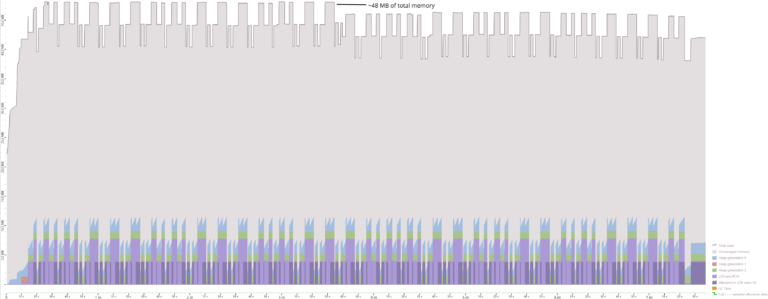
Data Access in .NET Native AOT with Sessions
.NET 8 brings Native AOT to ASP.NET Core, but many frameworks and libraries rely on unbound reflection internally and thus cannot support this scenario yet. This is true for ORMs, too: EF Core and Dapper will only bring full support for Native AOT in later releases. In this post, we will implement a database access layer with Sessions using the Humble Object pattern to get a similar developer experience. We will use Npgsql as a plain ADO.NET provider targeting PostgreSQL.





